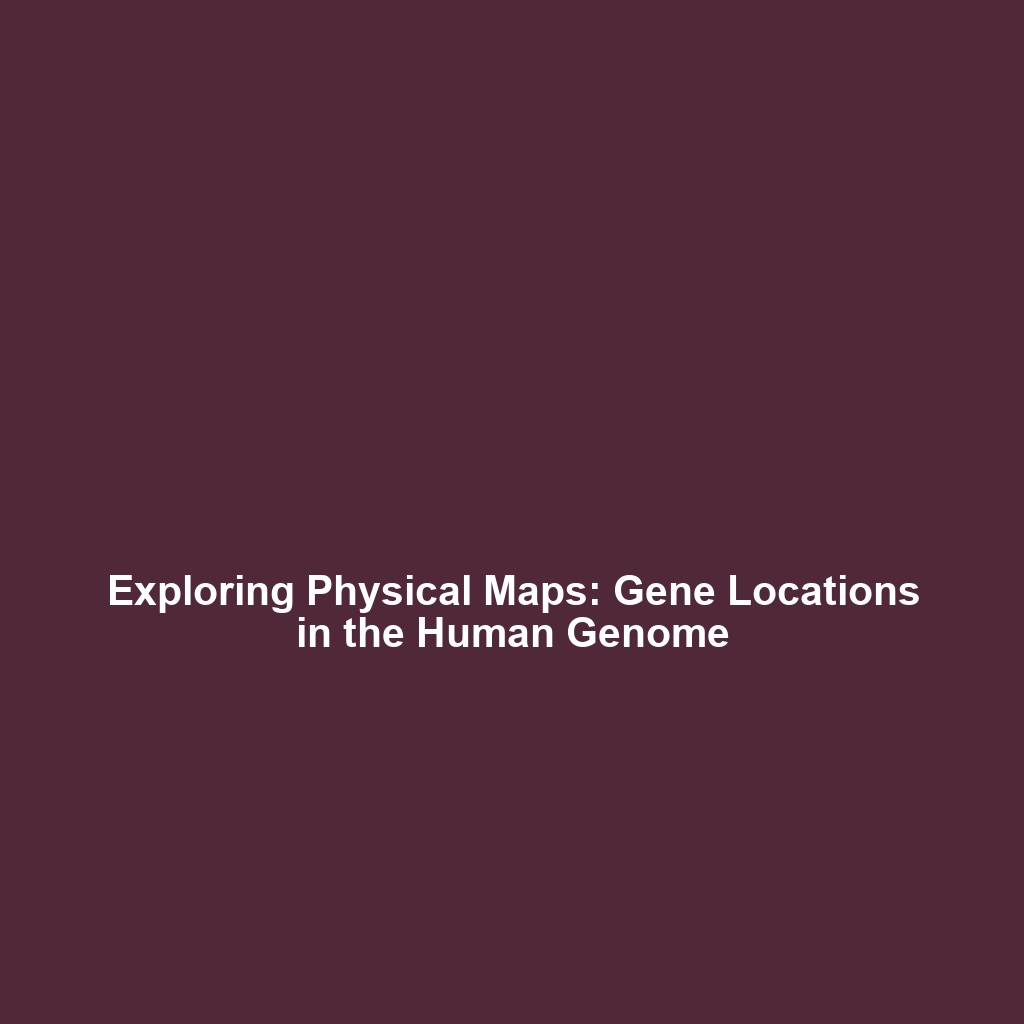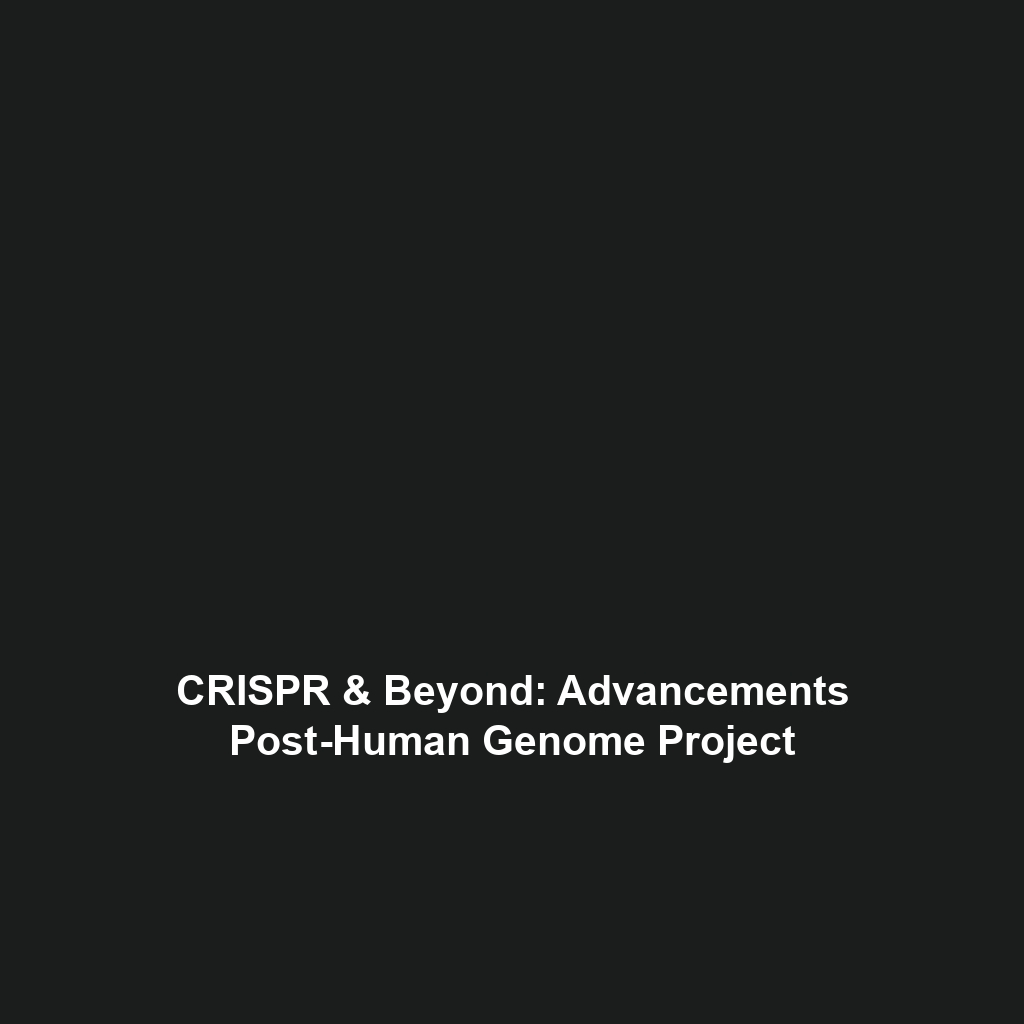Using Knowledge from the Human Genome Project to Develop Gene Therapy Approaches Aimed at Correcting Defective Genes Responsible for Disease
The Human Genome Project (HGP) has paved the way for revolutionary advancements in genetics, particularly in the realm of gene therapy. By mapping the human genome, scientists have gained critical insights into the genetic basis of diseases, leading to innovative approaches to correct defective genes. This article delves into how knowledge gleaned from the HGP informs gene therapy strategies aimed at treating genetic disorders, highlighting their significance within the broader context of genomic medicine.
Key Concepts of Gene Therapy and the Human Genome Project
Gene therapy involves the introduction, removal, or alteration of genetic material within a person’s cells to treat disease. Central to this process is the wealth of information provided by the Human Genome Project, which serves as a comprehensive reference for identifying target genes linked to various disorders. Key concepts include:
- Genetic Mapping: Understanding the structure and function of genes facilitates the identification of mutations responsible for diseases.
- Gene Editing Techniques: Technologies such as CRISPR-Cas9 allow precise modifications to the genome, enabling the correction of defective genes.
- Targeted Gene Delivery: Novel methods of delivering therapeutic genes to specific tissues enhance the effectiveness of treatments.
Applications and Real-World Uses of Gene Therapy
Genome-derived knowledge is transforming clinical practice through various gene therapy applications, notably:
- Inherited Disorders: Targeted gene therapy is successfully used to treat conditions like cystic fibrosis and hemophilia by correcting the underlying genetic defects.
- Cancer Treatment: Approaches such as CAR-T cell therapy illustrate how gene therapy can enhance the immune response against cancerous cells.
- Rare Diseases: Many orphan diseases are now targeted by gene therapies, providing hope for patients with previously untreatable conditions.
Current Challenges in Gene Therapy
While gene therapy presents immense promise, several challenges persist:
- Regulatory hurdles hinder the swift development and approval of new therapies.
- High costs associated with gene therapies can limit access for patients.
- Potential ethical concerns regarding genetic modifications pose challenges for public acceptance.
- Long-term effects of gene therapy are still being researched, creating uncertainty in treatment outcomes.
Future Research and Innovations in Gene Therapy
The future of gene therapy is marked by rapid advancements, including:
- Next-Generation Sequencing: Promising to enhance personalized medicine by tailoring gene therapies to individual genetic profiles.
- Gene-Editing Innovations: Ongoing improvements in CRISPR technology aim to reduce off-target effects and improve accuracy.
- Combination Therapies: Integrating gene therapy with other treatment modalities to enhance efficacy in combatting diseases.
Conclusion
Knowledge gained from the Human Genome Project is instrumental in the ongoing development of gene therapy strategies aimed at correcting defective genes responsible for diseases. As research progresses, these innovations promise to revolutionize treatment paradigms for various genetic disorders. To stay updated on advancements in gene therapy and the Human Genome Project, consider exploring related topics or recent publications.
Learn more about the Human Genome Project | Discover the latest in gene therapy research
This -structured article is designed for search engine optimization while providing comprehensive information on gene therapy as it relates to the Human Genome Project. It includes relevant keywords, clear headings, and internal links to enhance user engagement and improve search visibility.









